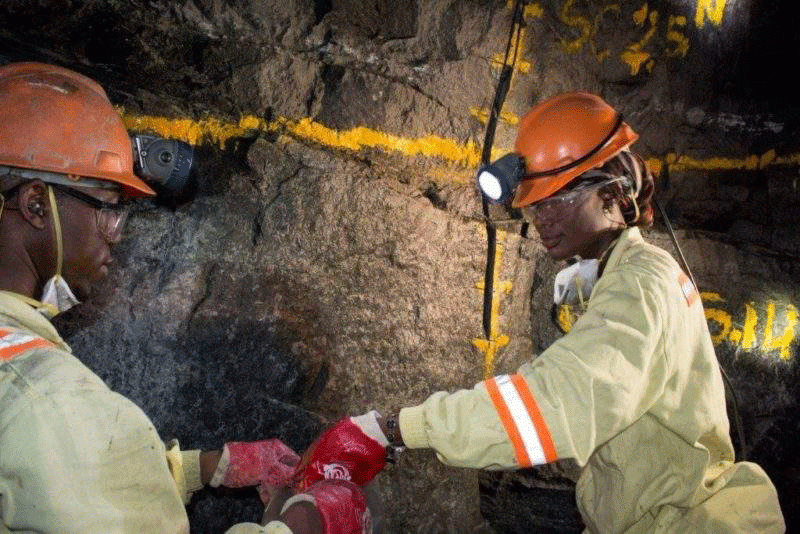
Zimbabwe Diamond Allied Mineral Workers Union general secretary Justice Chinhema has called on mine workers in southern Africa to unite and demand shares from their employers.
Chinhema made the call in Namibia on Friday while giving a solidarity message at the Mineworkers Union of Namibia (MUN) sub-region’s 12th national congress.
“I challenge regional mine workers to unite and start demanding shares in all the mining companies, they must demand profit sharing,” Chinhema said.
“This is a moment to reflect on the inequalities and exploitation which, in various theatres of the world, still grossly prejudice working people in their daily lives and further serve to impoverish the poor especially.”
He expressed concern over the upsurge in mining sector accidents across the world, adding that close to 75 000 mine workers globally had died and more than one million were seriously injured in the line of duty.
“It is estimated that many more have lost their lives as a result of tuberculosis, silicosis and other poor health conditions in the mines. In Zimbabwe, nearly one miner dies every week, this is quite a disturbing trend,” Chinhema told the MUN congress.
“This is regrettable, because it is expected that every mine should have the appropriate measures and expertise to enhance health and safety. I can also report, distinguished guests and workers, that in 2020 a total of 182 mine workers were reported as having died from 116 mining accidents, in 2021, the country (Zimbabwe) recorded a decrease in both accidents and fatalities as compared to the previous year with 121 accidents and 139 fatalities. As of 30 September 2022, the country had recorded 125 accidents and 139 fatalities.”
He challenged all the mines in the sub-region to put in place appropriate measures and expertise to enhance health and safety.
- RioZim faces corporate rescue
- Union petitions Labour ministry over change of workers committee
- Mine accidents claim 139 lives
- ‘Mine workers must demand shares’
Keep Reading
“However, there are more deaths in the industry because of occupational health diseases than occupational injuries. The health impacts are visible only long after the exposure, hence the tendency for miners not to be given the immediate attention they deserve,” he said.
“Exposure to silica dust is the main concern, as it leads to silicosis and, as we all know, that leads to lung cancer. It further predisposes miners to tuberculosis, and TB has thus remained a challenge in the mining industry.”
He also bemoaned the “slave wages” paid to the mine workers.
“We, therefore, make a bold and strong demand of seven deliverables such as profit-sharing for transformation of living standards, share ownership schemes for community development, value addition of minerals and beneficiation for job creation and security and an end to casualisation of labour, labour broking and all forms of harassment on female workers,” Chinhema said.
He urged workers to demand decent accommodation and a safe working environment.
“This is the only way mine workers can be recognised as key economic drivers and this is when we shall see real economic development and transformation of communities where mining is taking place. Engagement will soon be starting in the spirit of win-win principles,” he added.







